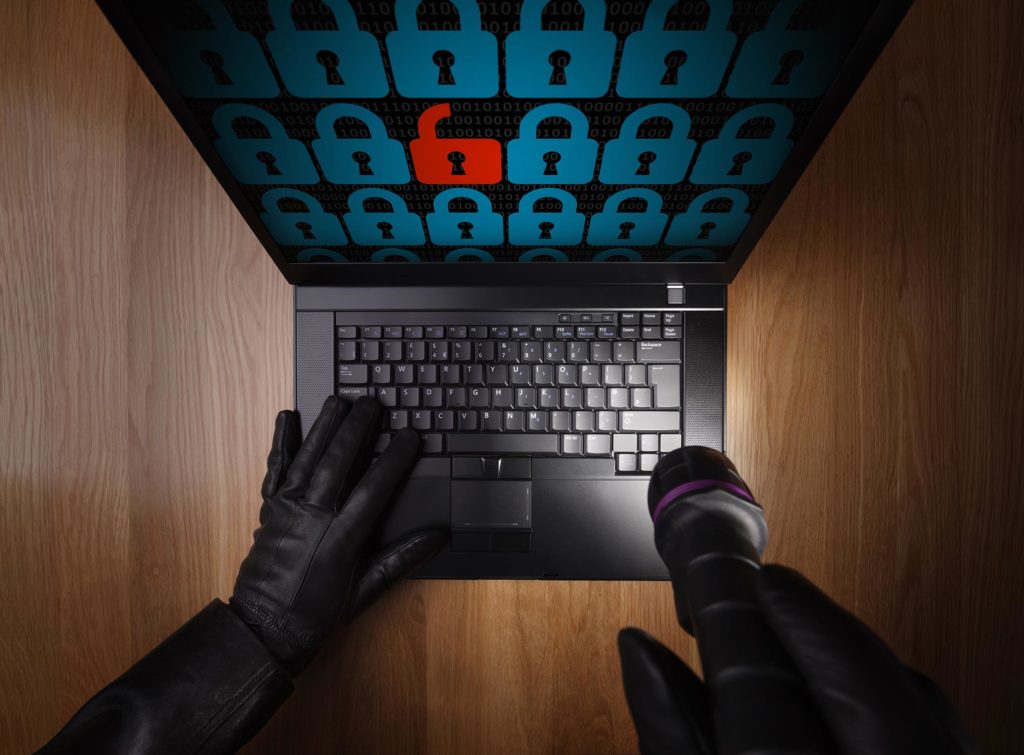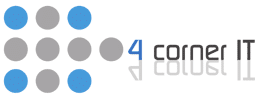Six Critical Tips for Preventing a Data Breach

To get targeted for a data breach is almost inevitable for any organization – or any individual. As long as cyber criminals can steal personal information, including credit card and Social Security numbers, they’ll go after you. What are some of the most important tips for preventing a data breach? Don’t use the same login […]
Computer Security: Don’t Use The Same Password For Multiple Accounts

For the sake of convenience, many people like reusing the same password across multiple accounts. The password that gives them access to their email may also be the same one they rely on for social media, online banking, work-related tasks, or recreational activities. That is not smart computer security. What they sometimes don’t realize is […]

